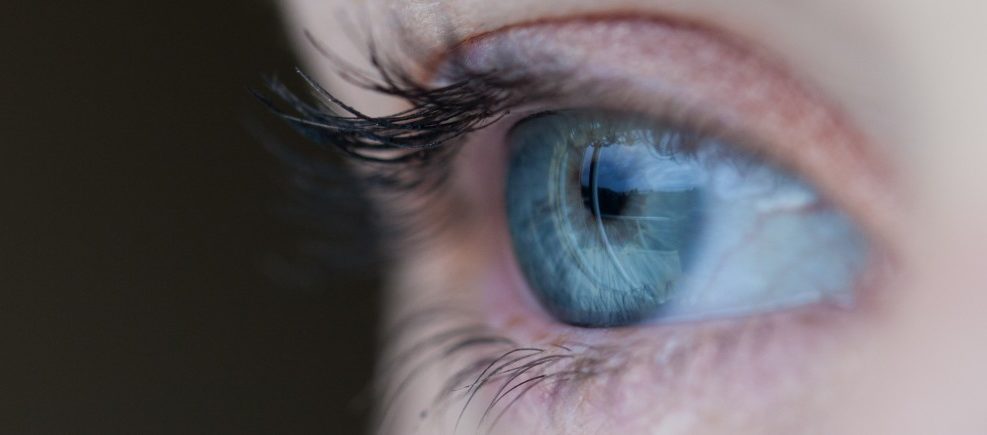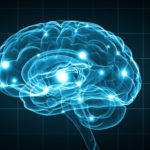In a new study, researchers may have inched closer to detecting early symptoms of Alzheimer’s disease simply by initiating a quick eye exam.
According to a group of researchers at Duke University Medical Center, a loss of blood vessels in the retina could identify the difference between a cognitively healthy adult and one with signs of a neurodegenerative disease, like Alzheimer’s.
The study examined the blood flow at the back of the retina of over 200 participants using a non-invasive imaging technology known as optical coherence tomography angiography (OCTA).
“We’re measuring blood vessels that can’t be seen during a regular eye exam and we’re doing that with relatively new noninvasive technology that takes high-resolution images of very small blood vessels within the retina in just a few minutes,” said Sharon Fekrat, lead author of the study. “It’s possible that these changes in blood vessel density in the retina could mirror what’s going on in the tiny blood vessels in the brain, perhaps before we are able to detect any changes in cognition.”
In addition to the 200 participants, researchers studied 133 healthy control subjects; 39 with Alzheimer’s disease, and 37 with mild cognitive impairment (MCI). The primary aim for researchers was to spot retinal degeneration that may be particularly linked to Alzheimer’s disease.
In the findings, researchers identified differences in the retinas of participants with Alzheimer’s when compared to the healthy subjects and those with MCI. “We know that there are changes that occur in the brain in the small blood vessels in people with Alzheimer’s disease, and because the retina is an extension of the brain, we wanted to investigate whether these changes could be detected in the retina using a new technology that is less invasive and easy to obtain,” said Dilraj Grewal, M.D., a lead author of the study.
“Ultimately, the goal would be to use this technology to detect Alzheimer’s early, before symptoms of memory loss are evident, and be able to monitor these changes over time in participants of clinical trials studying new Alzheimer’s treatments,” Fekrat added.
The findings were published online in the journal Ophthalmology Retina.

